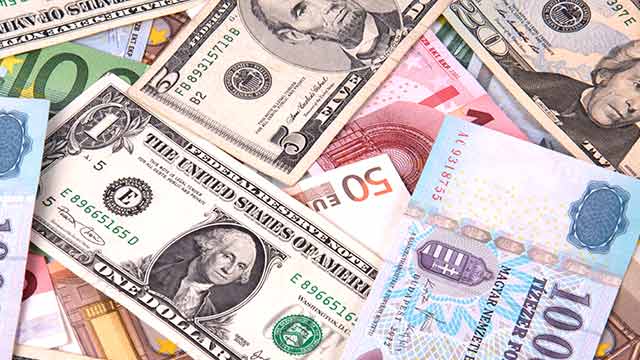Source: Importers to pay duty in foreign currency – The Zimbabwe Independent November 23, 2018
GOVERNMENT will with effect from today be levying customs duty and other related taxes in foreign currency on imported motor vehicles, among other “non-productive goods”, as part of measures to restrict the outflow of foreign currency.
By Tinashe Kairiza
Presenting his maiden US$8,2 billion 2019 budget statement in parliament yesterday, Finance minister Mthuli Ncube, however, said the measure would not apply on imports of commercial motor vehicles for people living with disability.
Zimbabwe’s fragile economy has been choking from a chronic shortage of foreign currency, resulting in government struggling to allocate enough forex for the importation of basic commodities, fuel, drugs, and other essential goods.
Ncube said it was wasteful to spend scarce foreign currency on “non-productive goods”, while productive sectors of the economy are not adequately funded.
“Honourable Members would be aware that government has, over the years, implemented demand management measures with a view to redirect usage of the scarce foreign currency to productive industries,” he said.
“Such measures include adjustments to the customs duty regime and control of imported goods through the licencing system.”
Ncube added: “Despite some success, government has, during the course of 2017 and 2018, witnessed a surge in the importation of non-productive goods, particularly motor vehicles.
“In order to redirect use of scarce foreign currency to the productive sectors of the economy, the budget proposes that customs duty and all other taxes on imported motor vehicles be levied in foreign currency acceptable as legal tender, with effect from 23 November 2018.”
Between January and June this year, motor vehicle imports stood at US$225 million, translating to 23% of total imports. A total of US$112 million was spent during the same period last year.
Importation of motor vehicles rapidly rose from US$250 million in 2009 when Zimbabwe adopted the multi-currency regime to over US$800 million in 2010 before dropping to US$225 after government introduced stiffer customs duty and taxes to restrict imports.
Payment of customs duty in foreign currency will also apply on “designated goods” such as powdered cheese, fresh grapes, margarine, tinned salmon and tinned prawns and shrimps.
However, under deserving circumstances customs duty in foreign currency will be waived at the discretion of the Zimbabwe Revenue Authority.
To mobilise scarce foreign currency, the tax collector will also start levying taxes in foreign currency from businesses trading in the same mode of payment.
Older Post
Lawyers dispute Sibanda’s testimony 
COMMENTS
Help me out someone. Is the value of a bond note and the united states dollar the same? Why do people need forex then? The issue of dollarisation or adopting a rand regime should be addressed once and for all. So should legitimacy of the politics. Me thinks we are in a mess as long as we throw in figures using a currency people do not have a control over. Billions of non existent money. Why did the minister not budget in rtgs or bond? After all they are as good as the dollar. Ndaita mutete apa. Please help me someone.
The great pretend rolls on comrades – one USD is equal to one mabondi. But which would you prefer – I know which one I will hold rather than part with it.
Greshams law in Economics 101 taught me to spend the zimbollars or zollars or mabondi first and hold onto the USD at all costs – get rid of the inferior money & hold the quality for a rainy day.
Seems Mthuli never learnt this while at Cambridge University !?